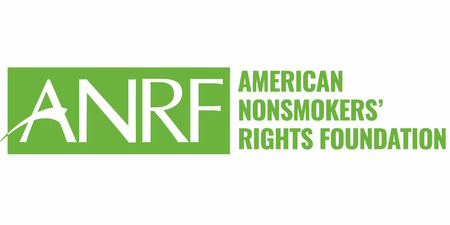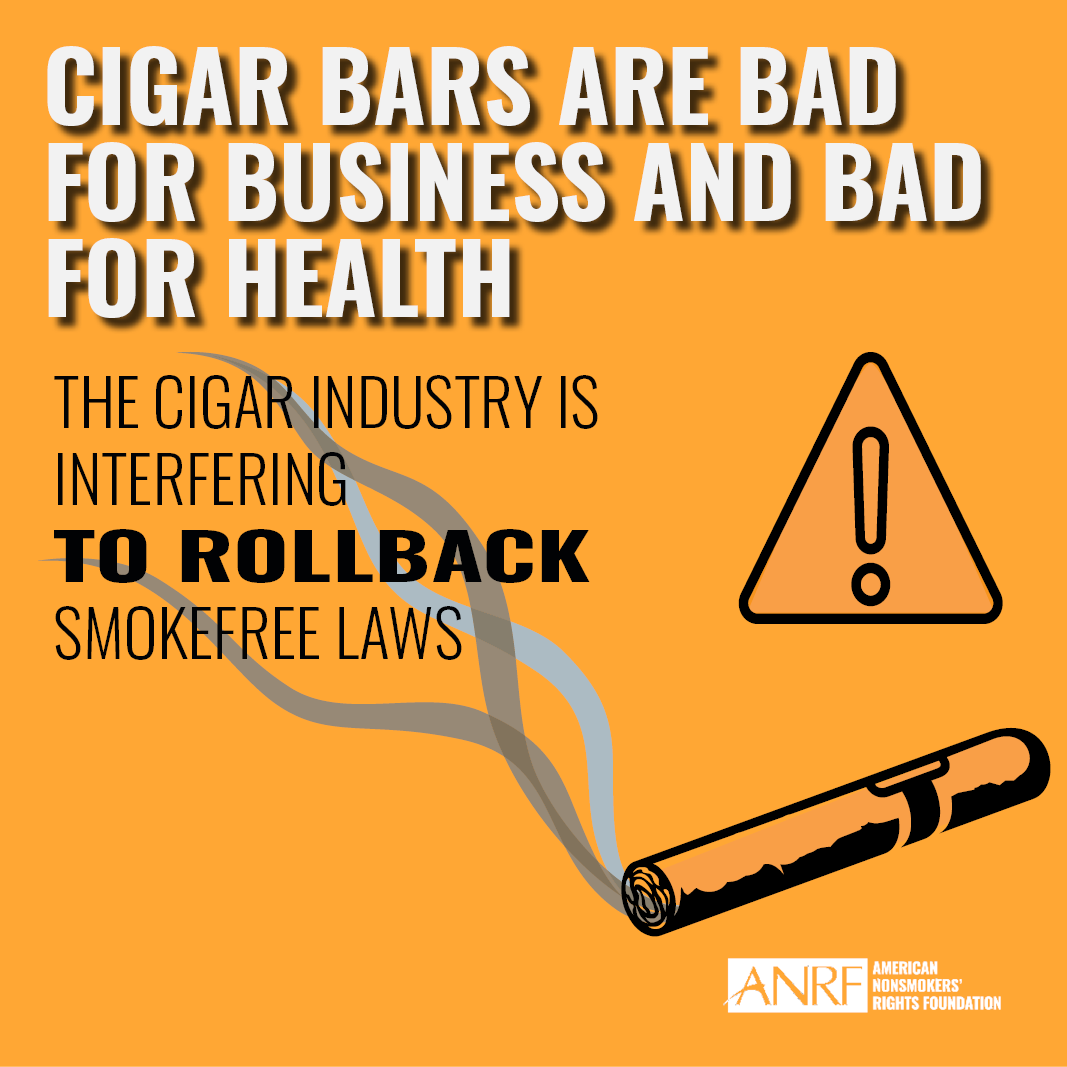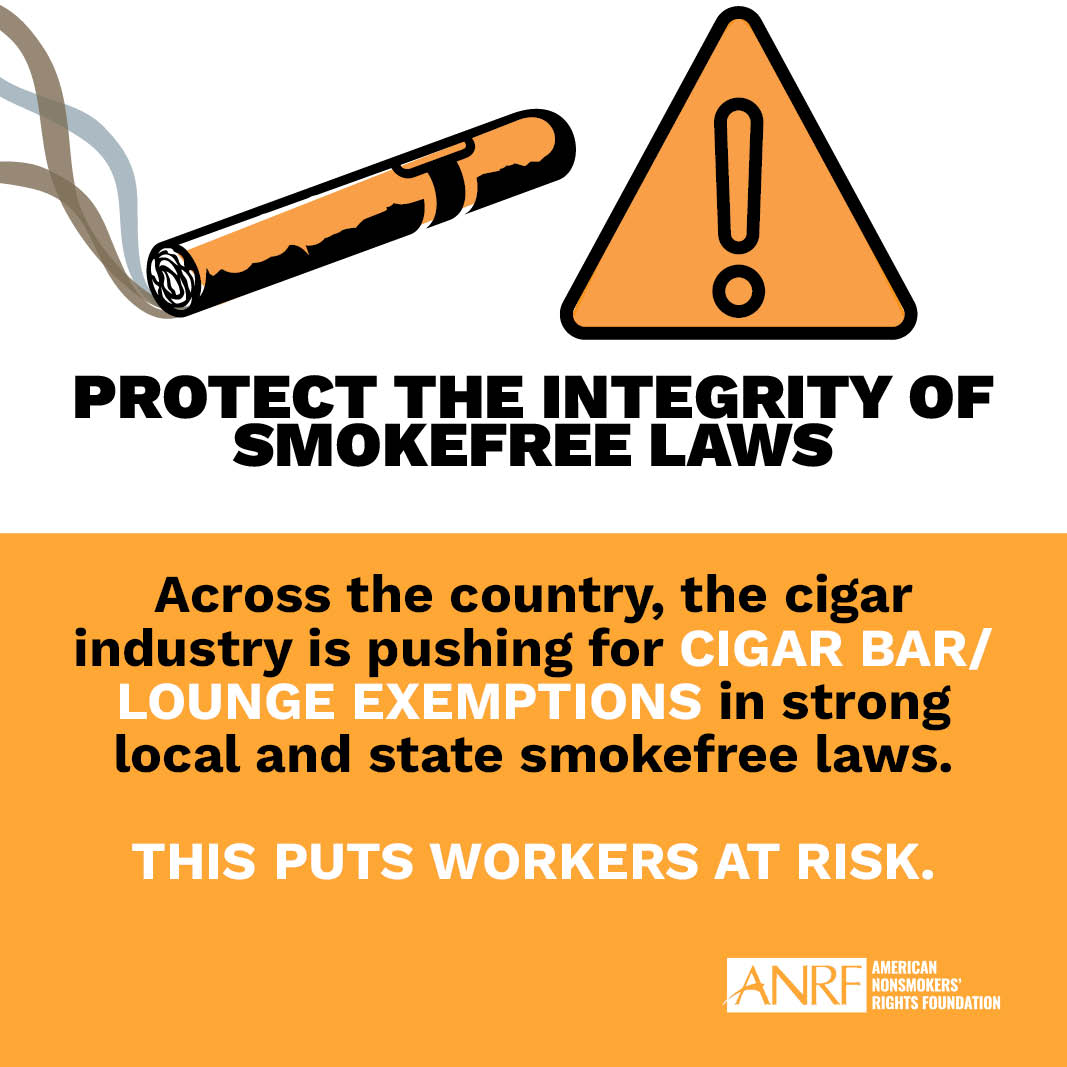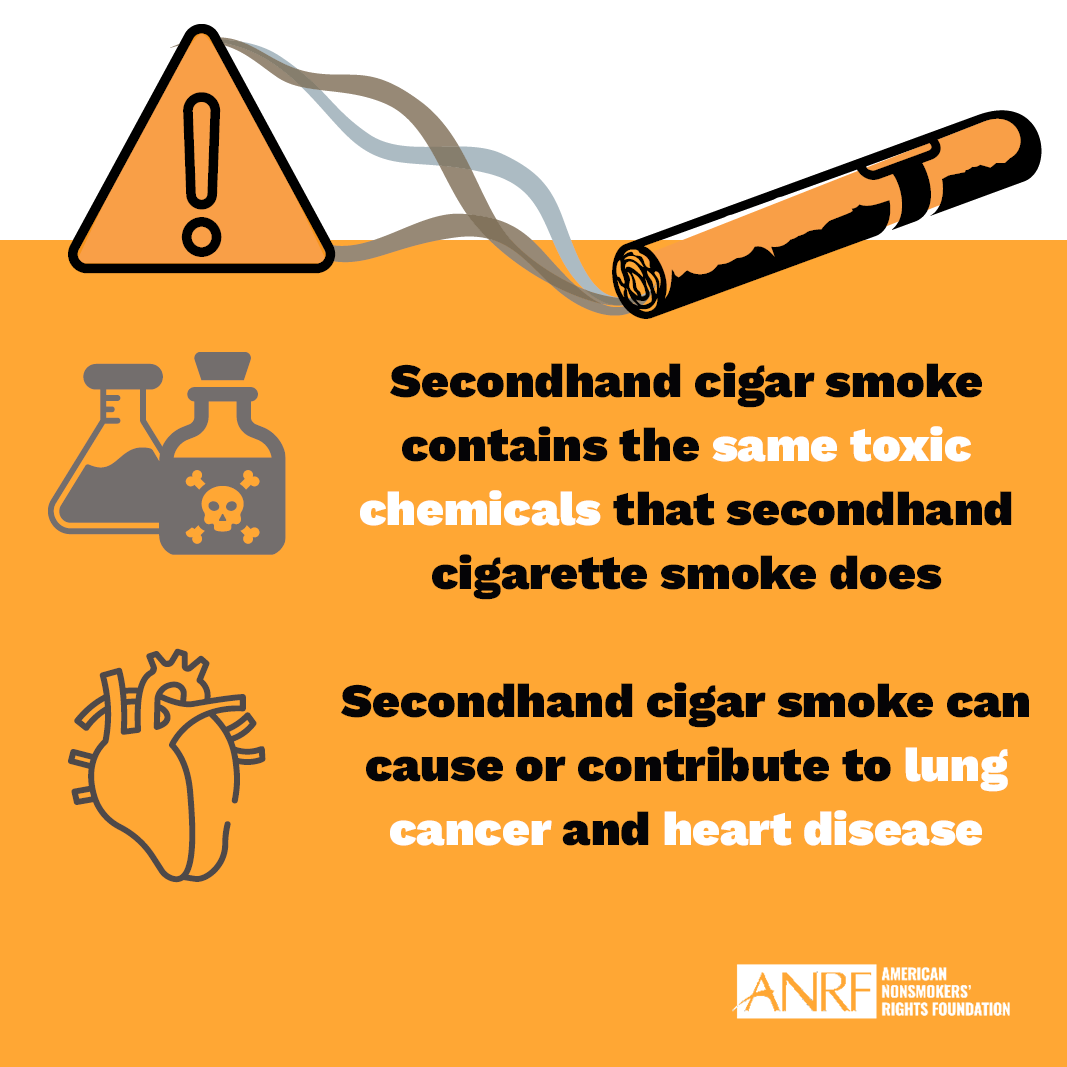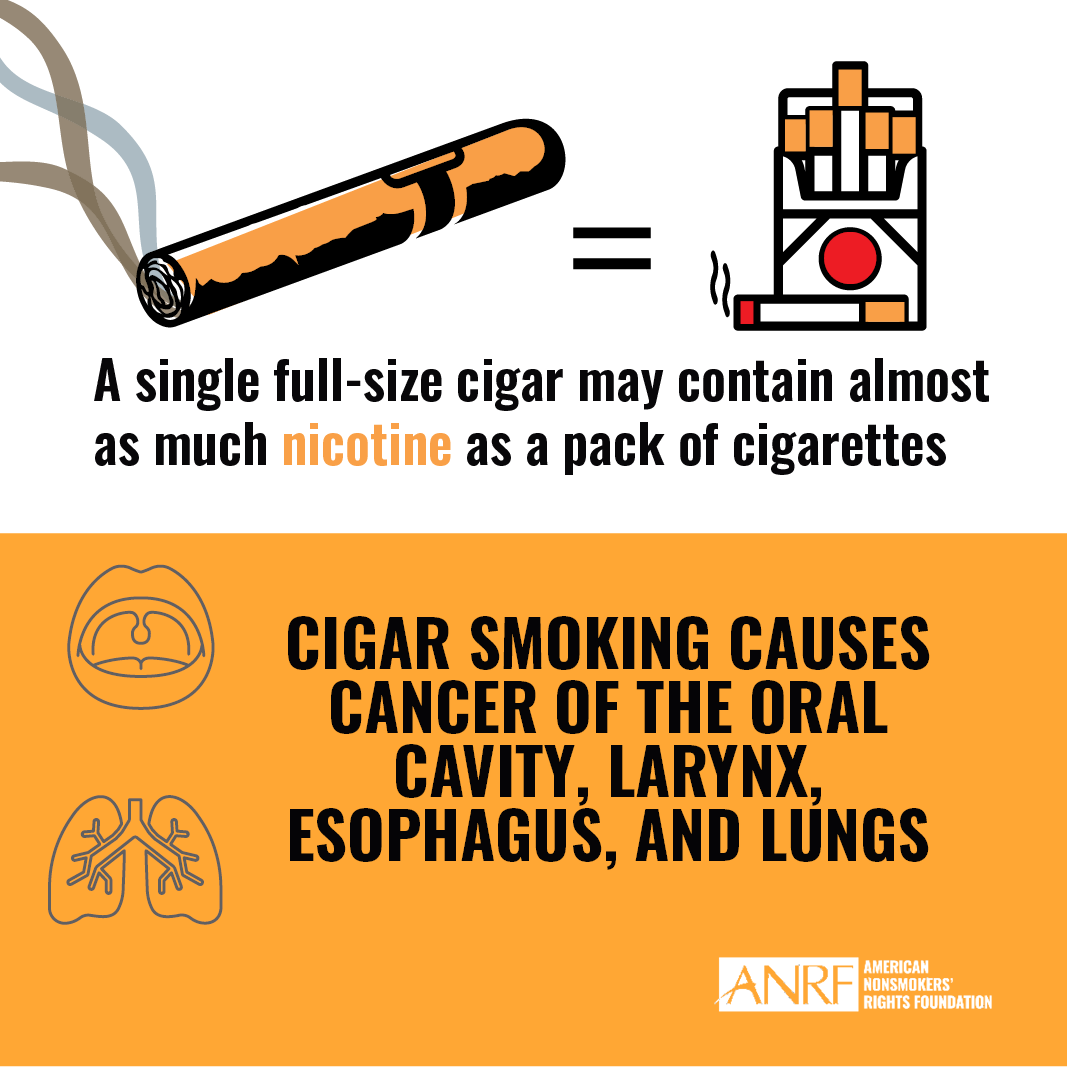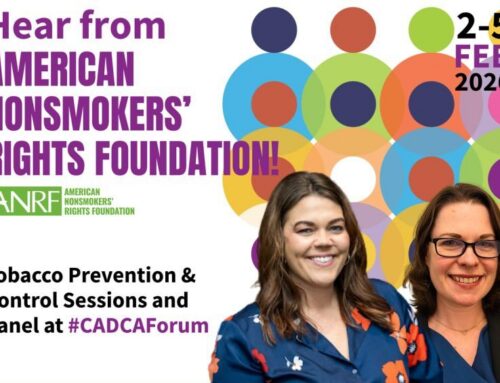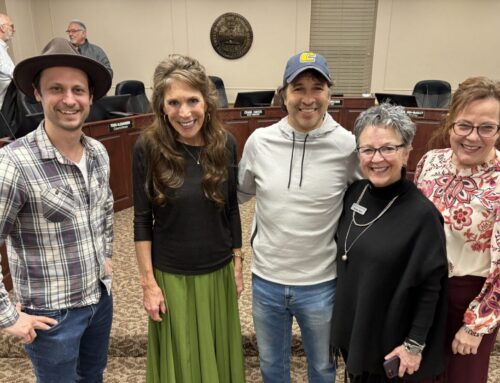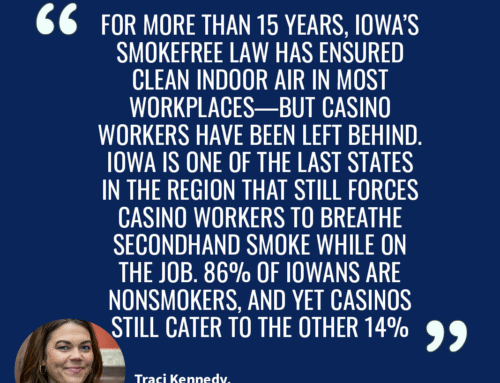Smokefree laws are designed to protect worker health and safety. As reported by the US Surgeon General in 2006 and affirmed in 2024, there is no risk free level of secondhand smoke exposure and 100% comprehensive smokefree laws that apply to all emissions in all places including workplaces, restaurants, bars, and casinos have the greatest public health impact.
The cigar industry at a national level is making a concerted effort to undermine the popular smokefree laws that have become the norm in states and communities across the country. Lobbyists and cigar industry executives argue that cigars are a premium product only used by adults in settings where children are not present, which paints a misleading picture that cigars are too exclusive to be harmful and that no one is harmed by this choice to consume cigars indoors. This business model is inherently flawed and comes at the risk of exposing a whole new class of workers to secondhand smoke. Further, there is no proven economic benefit from cigar bars; in fact they have a negative impact on overall economic activity in a community and contribute to increases in healthcare costs. Smoke-filled environments are proven to have a negative economic impact. Absenteeism, lost productivity, increased maintenance and insurance costs will negatively affect the bottom line for businesses and governments. A smoke-filled cigar bar will not improve tourism. As noted by J.D. Power and Associates, 87% of guests prefer a smokefree hospitality environment. Very few cigar bars pay living wages. The average wage for a cigar bar employee is $24,000. In Kentucky, a state considering rolling back protections and allowing for expansion of cigar bars, poverty wages for a family of four in Louisville, Kentucky, is around $25,000.
Allowing cigar bars to sell food and beverages could drastically increase the number of establishments where residents and employees are exposed to tobacco smoke, where currently there are no public places that allow tobacco smoking indoors. These businesses are claiming they function only to allow cigar smoking, however, more often they are operating more like night clubs and music venues exposing patrons and workers to secondhand smoke and causing an inequitable impact on smoking initiation and consumption. While the perception is that cigars are consumed by older men, the use of flavorings in some cigar brands and the fact that they are commonly sold as a single units make them especially appealing to young female college students of color. Research also indicates that exposure to tobacco marketing in bars has increased the likelihood of non-smoking college students trying tobacco products for the first time. Black adults consume cigars at higher rates than the average adult population (8% compared to 4.9%). This population already experiences higher levels of cancer, cardiovascular disease, and asthma, diseases exacerbated by smoking. Those who smoke cigars as well as other tobacco products are less likely to quit than those who smoke just one product.
Rollbacks and Detroit Wayne County Airport
As we face efforts head on to rollback smokefree air laws to allow cigar bars in Kentucky, Maryland, Ohio, Montana, Indiana, and remarkably the Detroit Wayne County Airport – we are reminded of this tired tobacco industry tactic to renormalize indoor smoking and drive up profit margins at the great expense of the health and safety of workers and patrons. The integrity of popular and effective 100% smokefree laws is being compromised. It’s simple – cigar bars are bad for business and bad for health.
See more here:
